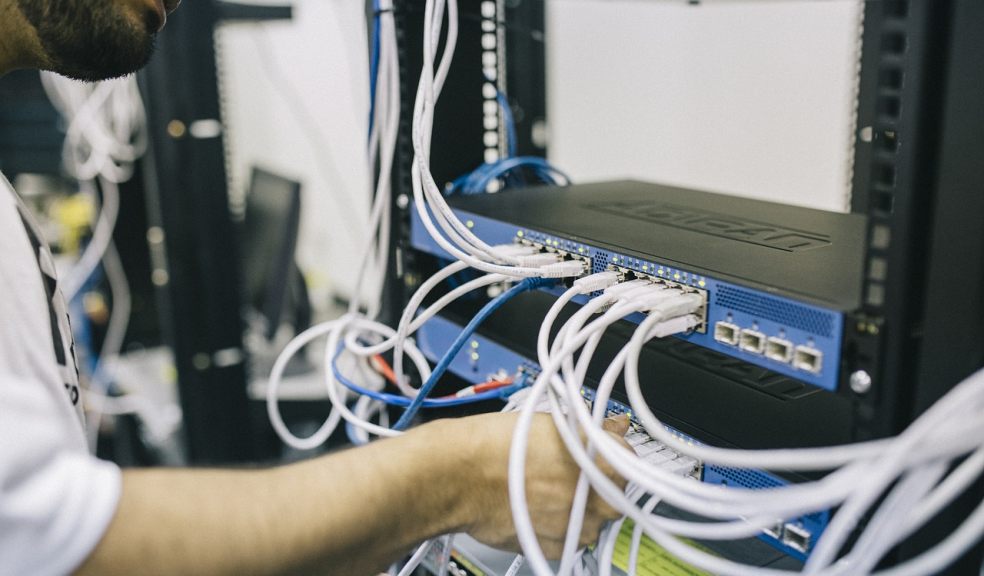
The Importance of a CCNA Certification for a Networking Engineer
The Cisco Certification is a hot topic for a Network Engineer. Those looking to get into the job role and those in networking looking to progress would’ve at some point looked into CCNA.
The role of the engineer involves a medley of planning, implementing and overseeing computer networks that support a variety of functions revolving around wireless networks. From conference calls to data mining, in-house network support is often needed to keep things running smoothly.
A step up from a network administrator, the role of the engineer becomes more challenging, hence the need to upgrade skills. The CCNA moreover, helps the networking professional complete their job from the planning, design and technical specs perspective. So, if you are on the fence about whether you need to book a course and get the exam done and dusted, keep reading.
CCNA Certification for Networkers
The Cisco Certified Networking Associate certificate (CCNA), is now one of the most widely recognised certifications in the IT industry. If you work within a higher level of networking, the likelihood is you would sooner or later be pressed by an employer to complete the course on an approved training centre like TrainingDragon.
The CCNA certificate helps develop a networker’s skills so they are ready for the technologies in today’s complex networking scene. This certification is moreover essential to proving you can keep building on the fundamental networking skills.
Once you have completed the certificate, you can choose to then specialise in three paths to further progress your career. It gives you the freedom to choose from:
- CCNA Security: this involves troubleshooting and monitoring networks to keep data secure and confidential if required.
- CCNA Voice: this specialism helps propel engineers into IP Telephony, handset, voicemail and other call-related solutions. They may become voice managers or administrators if they go down this route.
- CCNA Wireless: Wireless is when the networker configures, implements and supports wireless LANs.
Why CCNA is still so important?
Here are some top reasons, if you are still not convinced, as to why you should still get the certification for your networking career.
Backs up you’re a serious and qualified individual
As soon as an employer in the IT industry sees a CCNA certification, they know the candidate is a specialist and that they are ready for higher-level roles. The Cisco certificate play’s a big part in the recruitment of a networker and even comes close to degrees when weighed up by employers.
For the strong social network
The digital Cisco community has plenty of blogs, collaborations and shared documents to make the learning process easier and more interactive. This supportive network provides a wealth of knowledge and can help you achieve the certification and a well-rounded experience. The community is also open to all levels of knowledge so anyone can move up in their networking career.
To increase specialist knowledge and advance in a career.
A CCNA certificate is a big asset which shows you have taken your knowledge to the next level. It is at the bedrock of most advancements in the networking industry so having the qualification under your belt shows you are serious about the job and ready to move to the next stage in your career.




















